THE ASAHI SHIMBUN
September 26, 2024 at 18:35 JST
MUTSU, Aomori Prefecture--Spent nuclear fuel from Niigata Prefecture arrived here on Sept. 26 en route to a newly opened interim storage facility, a significant step in managing Japan's nuclear waste.
This marks the first instance in the nation of storing spent nuclear fuel outside the grounds of a nuclear power plant.
The move comes despite ongoing local concerns about the lack of a concrete national policy for handling radioactive waste.
The cargo vessel that departed from the Kashiwazaki-Kariwa nuclear power plant arrived at Sekinehama Port here in the morning, unloading a cask containing 69 spent fuel assemblies weighing approximately 12 tons.
By March 2027, the storage facility will receive a total of 96 tons of spent fuel in eight casks from the same plant, according to the facility operator, Recyclable-Fuel Storage Co. (RFS).
The company is a subsidiary of major nuclear plant operators Japan Atomic Power Co. and Tokyo Electric Power Co., which runs the Kashiwazaki-Kariwa plant.
The facility is designed to store 5,000 tons of spent nuclear fuel when a planned second building is completed.
Aomori Prefecture and Mutsu aim to generate more than 300 million yen ($2.07 million) by March 2029 by taxing the spent fuel.
The Kashiwazaki-Kariwa plant, which supplies electricity to Tokyo and the surrounding areas, has been offline since 2021 due to safety violations.
As a condition for restarting its reactors, municipal officials in Kashiwazaki have demanded a reduction in the amount of spent nuclear fuel stored at the plant, which is nearing capacity.
A deal signed between local authorities and RFS limits storage at the Mutsu facility to 50 years. After that, utilities hope to relocate the fuel to a recycling facility to render it reusable again.
However, residents are concerned that the supposedly temporary storage site may ultimately become a permanent disposal location for radioactive waste.
Japan has long advocated for recycling spent uranium and plutonium for reuse in reactors.
However, construction has stalled at the proposed fuel reprocessing plant in Rokkasho, Aomori Prefecture.
Initially scheduled to open nearly three decades ago, the plant's launch has been repeatedly postponed, leading to widespread criticism that the project is going nowhere.
(This article was written by Yusuke Noda and Teruto Unuma.)




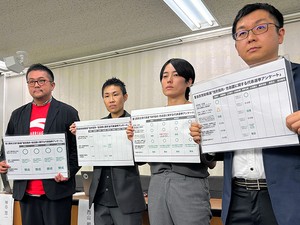

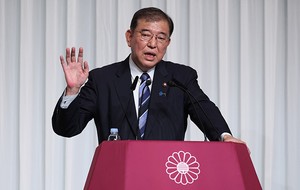
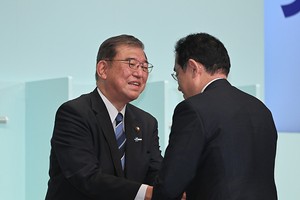
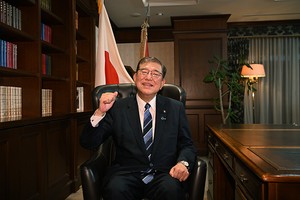


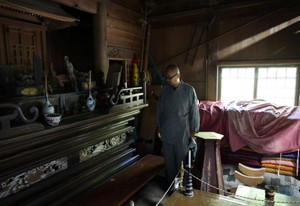








Stories about memories of cherry blossoms solicited from readers
Cooking experts, chefs and others involved in the field of food introduce their special recipes intertwined with their paths in life.
A series based on diplomatic documents declassified by Japan’s Foreign Ministry
A series on the death of a Japanese woman that sparked a debate about criminal justice policy in the United States
A series about Japanese-Americans and their memories of World War II
Here is a collection of first-hand accounts by “hibakusha” atomic bomb survivors.